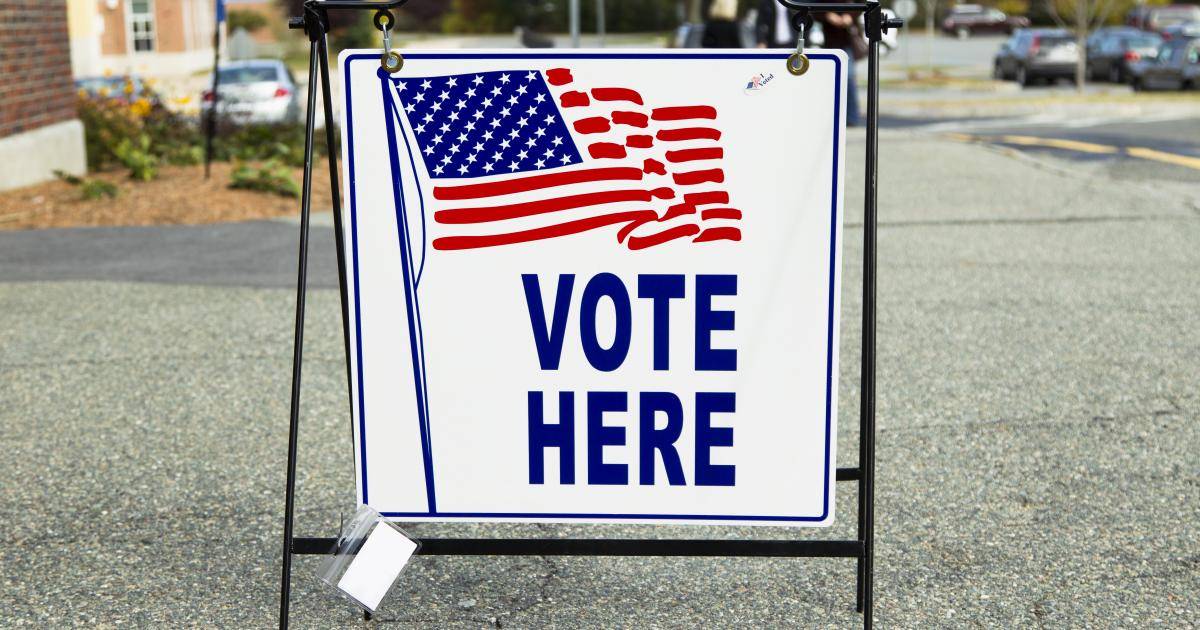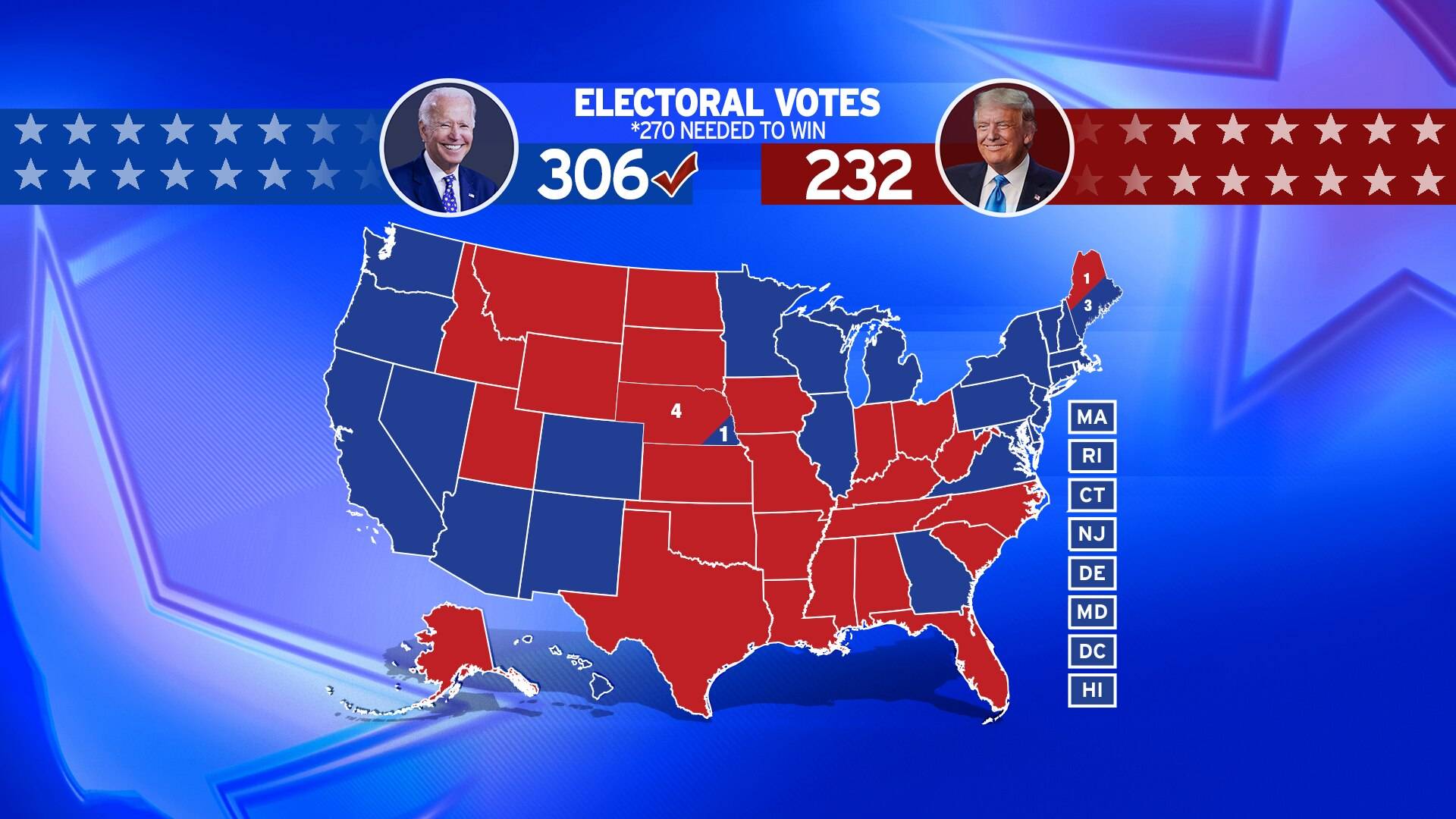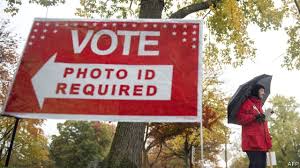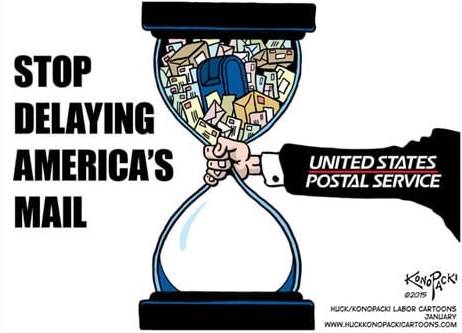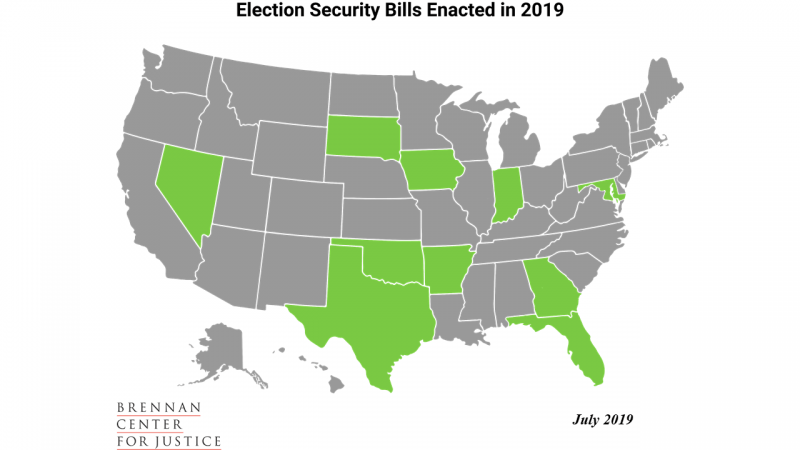Ten things to know about voting
An election checklist for voters before and as they vote Study the issues and candidates using nonpartisan resources: Make use of fact check organizations who seek to offset inaccurate, misleading, or false claims by politicians and partisan political groups. The League of Women Voters, a nonpartisan political organization, is a good source for election information. Know your rights and responsibilities before heading out to the polls: To vote in many states, voters must provide a current utility bill, bank statement, government check, paycheck, or government document that shows the name…
Read More...
